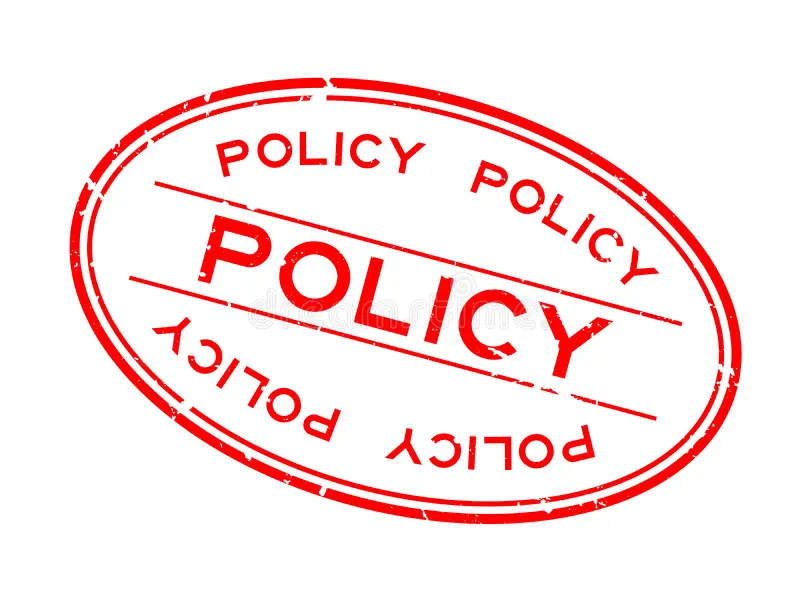The Value and Importance of Policies in the Workplace

Policies in the workplace serve as essential frameworks that guide employee behavior, establish expectations, and ensure a consistent approach to business operations. These guidelines are crucial for fostering a structured, safe, and efficient working environment. They define the standards of conduct and performance and protect the organization and its employees from potential risks and liabilities.
Establishing Clear Expectations
One primary value of workplace policies is that they establish clear expectations for employees. When employees understand what is expected of them in terms of behavior, performance, and compliance with regulations, it reduces ambiguity and increases accountability. Clear policies provide a roadmap for employees to follow, helping them make informed decisions and perform their duties effectively.
Promoting Consistency and Fairness
Policies ensure consistency and fairness across the organization. When policies are applied uniformly, all employees are subject to the same rules and standards, which helps prevent favoritism and discrimination. This consistent application is vital for maintaining employee morale and trust in the management. It reassures employees that they are treated equitably, enhancing job satisfaction and productivity.
Protecting Against Legal Liability
A well-defined set of policies can protect an organization from legal liabilities. By adhering to these policies, an organization can demonstrate due diligence and compliance with relevant laws and regulations. For example, policies related to workplace safety, harassment, and data protection are essential for minimizing legal risks. When an organization has clear policies and ensures employees know them, it can mitigate the risk of lawsuits and other legal actions.
Liability and Accountability
The concept of liability is central to the importance of workplace policies. When employees follow established policies, the organization or the relevant department typically bears responsibility for any adverse outcomes. For instance, if an employee follows safety protocols but an accident still occurs, the department responsible for maintaining those safety standards may be liable.
However, employees who disregard policies assume personal liability for their actions. This shift in accountability can open them up to potential legal action. For example, if employees neglect data protection policies and leak sensitive information, they could face disciplinary action, termination, or even legal consequences. This principle emphasizes the importance of adherence to policies to protect oneself from personal liability.
Enhancing Organizational Efficiency
Policies also contribute to organizational efficiency. By providing standardized procedures and guidelines, policies streamline operations and reduce the time spent on decision-making. Employees can refer to policies to resolve common issues, speeding up processes and reducing the burden on management. This efficiency is crucial for maintaining a productive and responsive organization.
Supporting a Safe and Healthy Workplace
Workplace policies are fundamental in promoting a safe and healthy work environment. For instance, health and safety policies are designed to prevent accidents and injuries. They provide instructions on handling hazardous materials, operating machinery, and responding to emergencies. Compliance with these policies ensures that employees are protected and that the organization meets its legal obligations.
Conclusion
In conclusion, workplace policies are invaluable tools for ensuring a well-functioning and legally compliant organization. They establish clear expectations, promote consistency and fairness, protect against legal liabilities, enhance organizational efficiency, and support a safe work environment. Adherence to these policies is crucial for both the organization and its employees. While the organization assumes liability when policies are followed, employees must understand that disregarding these guidelines can result in personal liability and potential legal action. Therefore, fostering a culture of compliance and awareness of workplace policies is essential for any organization's overall success and integrity.




